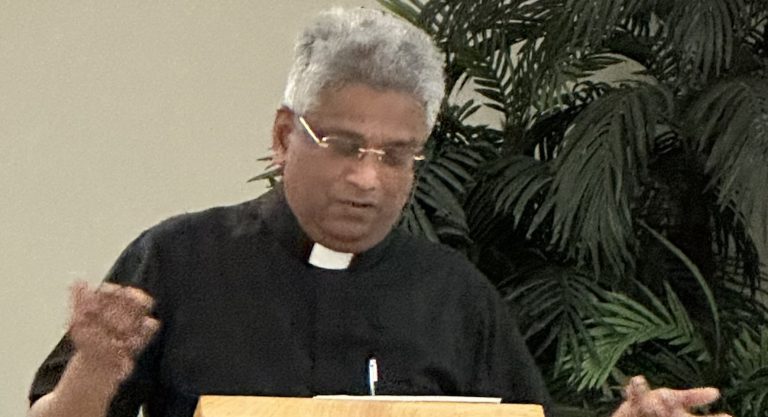First Reading • Genesis 1:1—2:2
Psalm • Psalm 104:1-2, 5-6, 10, 12, 13-14, 24, 35
Second Reading • Genesis 22:1-18
Psalm • Psalm 16:5, 8, 9-10, 11
Third Reading • Exodus 14:15—15:1
Psalm • Exodus 15:1-2, 3-4, 5-6, 17-18
Fourth Reading • Isaiah 54:5-14
Psalm • Psalm 30:2, 4, 5-6, 11-12, 13
Fifth Reading • Isaiah 55:1-11
Psalm • Isaiah 12:2-3, 4, 5-6
Sixth Reading • Baruch 3:9-15, 32-4:4
Psalm • Psalm 19:8, 9, 10, 11
Seventh Reading • Ezekiel 36:16-17a, 18-28
Psalm • Psalm 42:3, 5; 43:3, 4
Epistle • Romans 6:3-11
Psalm • Psalm 118:1-2, 16-17, 22-23
Gospel • Luke 24:1-12
One cold Easter Vigil night, in a small village church, an elderly sacristan named Peter prepared the Paschal candle. The church was completely dark, just as it always was before the Easter fire was lit.
But this year, a little boy named Thomas stood near Peter, watching curiously.
“Why is the church so dark?” Thomas asked.
Peter smiled. “Because tonight, we remember how dark the world was before Jesus rose from the dead. But watch what happens.”
The priest stepped outside, lit a small flame, and brought it into the church, lighting the great Paschal candle. As he lifted it high, he proclaimed, “The Light of Christ!”
Then something beautiful happened. One by one, the people lit their small candles from that single flame. The darkness didn’t fight back—it simply faded. The more candles were lit, the brighter the church became.
Thomas’s eyes shone as he whispered, “It’s like Jesus waking up the world!”
Peter nodded. “Yes, my boy. When Jesus rose, He brought light to every dark place. No matter how much darkness there is, even one small light is enough to bring hope. And when we share that light, it grows and fills everything.”
Thomas held his candle carefully, realizing something deep in his heart: Easter is not just about one light—it’s about all of us carrying Christ’s light into the world.
That night, the little boy left the church with his candle still burning, determined to share its warmth with others.
Tonight, we also gathered in the darkness, waiting for the light. We began this Vigil in silence, in shadows, just as the disciples must have felt on that first Holy Saturday—grieving, uncertain, lost. But as we lit the Paschal candle, everything changed. The flame spread from one to another, and little by little, the darkness was overcome.
Then we listened to the stories of salvation. We did not hear about a God who kept His distance when His people were suffering. We did not read about a God who let things run on their own with no interference from Him. Instead, God steps in and directs history.
When His people are held in slavery, He intervenes by sending plagues on the Egyptians and parting the Red Sea so that they could escape into freedom.
When Jerusalem was invaded and the people taken into exile, He led them back to the Promised Land so they could rebuild the Temple and worship Him.
We see this pattern play out throughout the Bible. God’s people disobey Him. Because of that they get into trouble. Then God comes to save them.
We do not have a God who stays off in the distance. Rather, the God we worship is present and active in each of our lives.
The greatest proof of this is Jesus Christ. In Him, God has come down to earth to be part of our human history.
In fact, His impact on the world is so great that we divide history between the years before Christ and the years after Christ. God has stepped into our world, taken on Himself our human nature, and we have never been the same.
On this night we gather to celebrate the event that turned the world upside down and changed it forever. The impossible happened. God raised Jesus Christ from the dead.
But I ask you—how did we get here? How did we arrive at this moment of light and joy?
The Resurrection did not happen in isolation. It was the climax of a journey—one that began in the Upper Room on Holy Thursday, descended into suffering on Good Friday, and lay in silence on Holy Saturday. Easter can only be fully understood through the lens of the Cross and the Eucharist.
Many of us skip straight to Easter, eager for the joy but hesitant to face the cost.
My friends, Easter is not just a celebration—it’s a victory. But what kind of victory can we appreciate if we haven’t entered the battle? How can we sing “Alleluia” if we’ve never wept at the tomb?
Since the resurrection of Jesus, God continues to be present and active in the world but in a different way. Now, the work of Jesus continues to be done through His Church.
The work of Jesus continues through you and me who have been baptized into His death and resurrection.
It is up to you and me now to show the world the love of God that proves itself by the resurrection of Jesus from the dead.
We do that by sharing how we have been transformed through the love of God.
We do that by feeding the hungry, sheltering the homeless, welcoming the unwelcomed, and forgiving those who offend us.
We do that by preaching the good news. We do that by worshipping God at Mass and praying that hearts will be open to receive the message of His love.
So tonight, as we celebrate the greatest victory of all time, let us remember that we are not just witnesses to the Resurrection—we are bearers of its light. Let us carry the flame of Christ’s love into the world.

